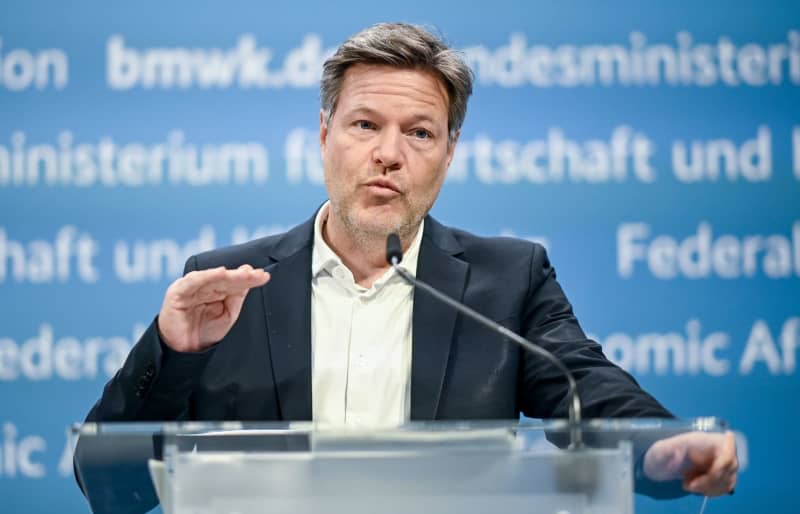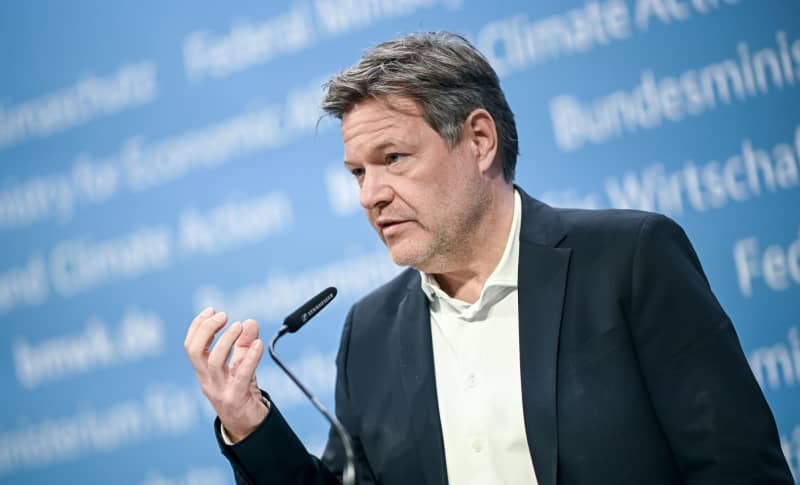Germany opens programme for climate overhaul of heavy industry

Energy-intensive companies in Germany can now apply for new state energy subsidies potentially worth billions of dollars.
Under the climate contracts, the German government will finance investments to convert industries to new, more climate-friendly production processes and initially cover additional costs incurred.
The companies are expected to pay the money back once those new production processes become cheaper to operate and more competitive on the open market.
Germany's Economy Ministry announced the first round of bids for the contracts, worth €4 billion and carrying terms of up to 15 years, on Tuesday.
The programme is part of a broader effort by Germany to shift to a more climate-friendly economy without undermining the global competitiveness of the country's large industrial manufacturing sector.
Companies that took part in initial proceedings for the programme last summer have four months to submit a bid. The ministry said the contracts will be awarded to the most cost-effective proposals.
Manufacturers in the paper, glass, steel and chemical sectors are among the industries that will be considered for funding under the programme.
According to the ministry, the contracts are intended to avoid a total of around 350 million tonnes of carbon dioxide emissions by 2045.
The Federation of German Industries (BDI), a major business lobby for German manufacturers, welcomed the launch of the bids.
"Extensive state support is necessary if the politically desired transformation towards climate neutrality is to succeed in a short space of time," said BDI President Siegfried Russwurm, who pointed to major up-front costs for companies.


